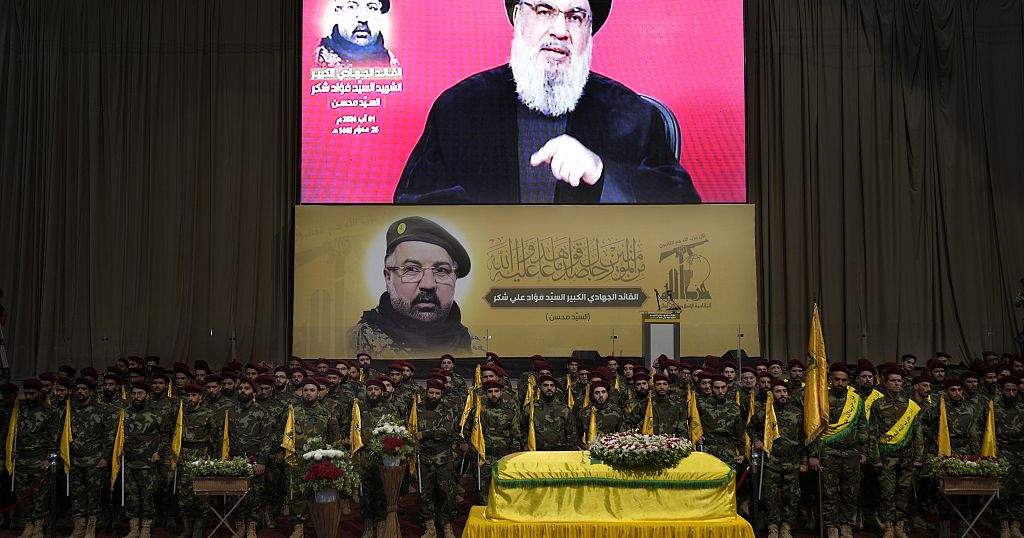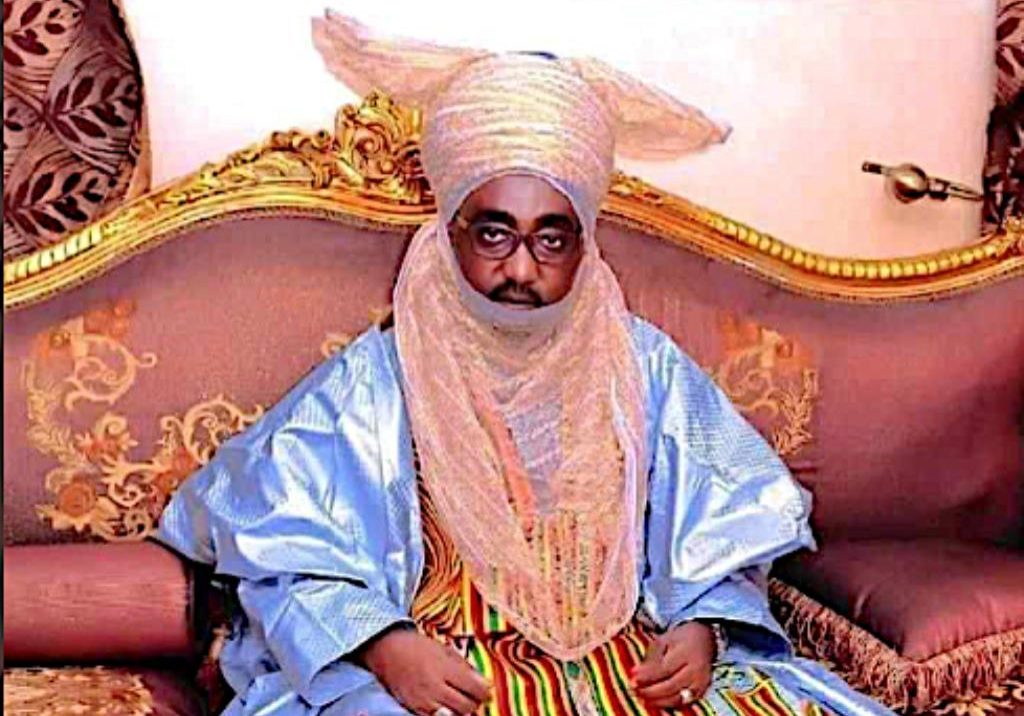Lebanon’s Hezbollah Vows ‘Real’ Response to Israel’s Killing of Top Military Commander
In a strongly worded statement, Lebanon’s Iran-backed Hezbollah group has vowed to respond to Israel’s killing of its top military commander, Fuad Shukr, in an airstrike in Beirut on Tuesday. The strike killed at least seven people, including two children, and has heightened tensions in the region.
Hezbollah’s leader, Sayyed Hassan Nasrallah, said the war against Israel had "entered a new phase" and that the group was planning a "real and well-calculated response, not merely a symbolic one." He accused Israel of "crossing red lines" in Beirut and the Iranian capital, and warned that the response would go beyond the scope of daily border skirmishes between Hezbollah and Israeli forces.
The killing of Shukr comes just days after the assassination of Hamas’ political leader, Haniyeh, in Tehran on Wednesday. Iran and the Palestinian militant group have blamed Israel for the attack, and Nasrallah has threatened a "harsh punishment" against Israel for its actions.
The back-to-back killings have increased fears of an escalation into a wider war, with international diplomats scrambling to avert a cycle of retaliation before it spirals out of control. The region is already on high alert, with Hezbollah and Israel trading fire almost daily across the border since the start of Israel’s war with Hamas in October last year.
The exchanges have caused deaths and the evacuation of tens of thousands from their homes, but have also stayed within limits. However, several times, strikes that appeared to cross red lines have raised fears of an acceleration into full-fledged war, only to be reined in by outside diplomacy.
Hezbollah faces strong pressure from Lebanon not to draw it into a repeat of its 2006 war with Israel, which wreaked heavy death and destruction in the country. Israel and Iran also risked plunging into war earlier this year when Israel hit Iran’s embassy in Damascus in April, but international efforts succeeded in containing the cycle before it spun out of control.
The situation remains tense, with the region waiting to see how Iran and ally Hezbollah will respond to the killing of Shukr and Haniyeh.









